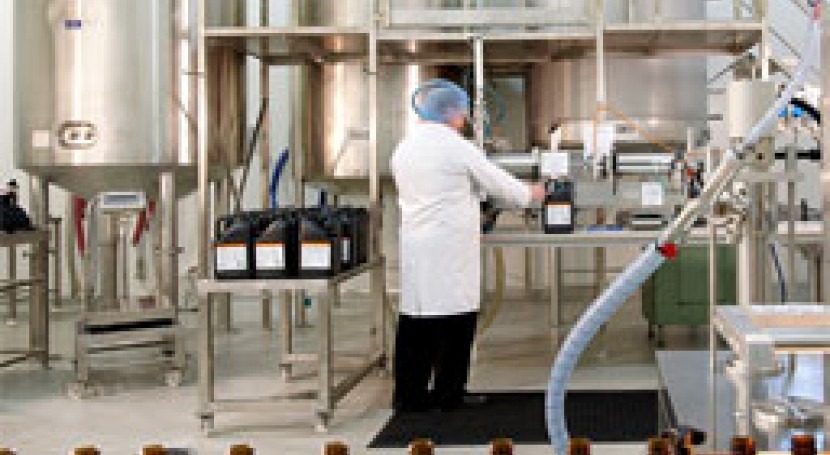The ultimate role of well-designed water systems in the pharmaceutical industry
In the pharmaceutical industry, the importance of water quality cannot be overstated. Water plays a critical role in various pharmaceutical processes, including drug manufacturing, laboratory testing, and equipment sterilization. To ensure the safety, efficacy, and compliance of pharmaceutical products, well-designed water systems are essential. This article explores the significance of water systems in the pharmaceutical industry and highlights the key considerations for designing and maintaining them.
Why Pharmaceuticals Industry Need Well-Designed Water Systems?
Manufacturing Processes:
Water is used extensively in pharmaceutical manufacturing processes. It serves as a key ingredient in drug formulations, aids in the cleaning and sterilization of equipment, and facilitates the dissolution of raw materials. The quality of water used in these processes directly impacts the purity and integrity of pharmaceutical products.
Laboratory Testing:
Accurate and reliable laboratory testing is crucial in pharmaceutical research and development. Water is utilized in various analytical procedures, such as chromatography, spectrophotometry, and microbial testing. Any impurities or contaminants present in the water can adversely affect the test results, leading to inaccurate findings and compromised research outcomes.
Equipment Sterilization:
Maintaining a sterile environment is of utmost importance in pharmaceutical facilities. Water systems are vital for the effective sterilization of equipment, utensils, and containers used in drug manufacturing. Contaminated water can introduce microorganisms and particles, jeopardizing the quality and safety of pharmaceutical products.
Designing Pharmaceutical Water Systems
Water Quality Standards:
Pharmaceutical water systems must adhere to stringent quality standards to meet regulatory requirements. Organizations such as the United States Pharmacopeia (USP) and the European Pharmacopoeia (EP) provide guidelines for water quality in pharmaceutical applications. These standards define the acceptable limits for impurities, microbial contaminants, and endotoxins in different types of pharmaceutical water.
Water Purification Technologies:
Various water purification technologies are employed in pharmaceutical water systems to achieve the required quality levels. These technologies include reverse osmosis, distillation (DM Plant), ultrafiltration, and electro-deionization. The selection of purification methods depends on the specific water quality requirements and the intended application within the pharmaceutical processes.
System Validation and Qualification:
Validating and qualifying water systems is crucial to ensure their reliability and compliance. Pharmaceutical companies must perform extensive testing and documentation to demonstrate that their water systems consistently meet the specified quality parameters. This process involves conducting performance qualifications, installation qualifications, and operational qualifications to validate the system's capabilities.
Monitoring and Maintenance:
Continuous monitoring and maintenance are essential for pharmaceutical water systems. Regular testing and sampling are conducted to assess the water quality and detect any deviations from the established standards. Adequate maintenance practices, including routine cleaning, calibration of instruments, and preventive maintenance of system components, are necessary to keep the water system in optimal condition.
Water Purification Systems Manufacturer in India
When it comes to obtaining high-quality water purification systems for the pharmaceutical industry in India, Aquafilsep is a leading manufacturer. With years of experience and expertise, Aquafilsep offers advanced water purification solutions designed specifically for industrial applications. Their range of products includes state-of-the-art water purification systems that meet the stringent requirements of the pharmaceutical sector.
Conclusion
Well-designed water systems are indispensable in the pharmaceutical industry, playing a critical role in ensuring product safety, efficacy, and compliance. From drug manufacturing to laboratory testing and equipment sterilization, water is involved in various pharmaceutical processes. Adhering to stringent water quality standards, employing appropriate purification technologies, validating and qualifying the system, and implementing comprehensive monitoring and maintenance practices are crucial for the successful operation of pharmaceutical water systems.
By recognizing the significance of well-designed water systems in the pharmaceutical industry, companies can uphold the highest standards of quality and contribute to the production of safe and effective pharmaceutical products.














